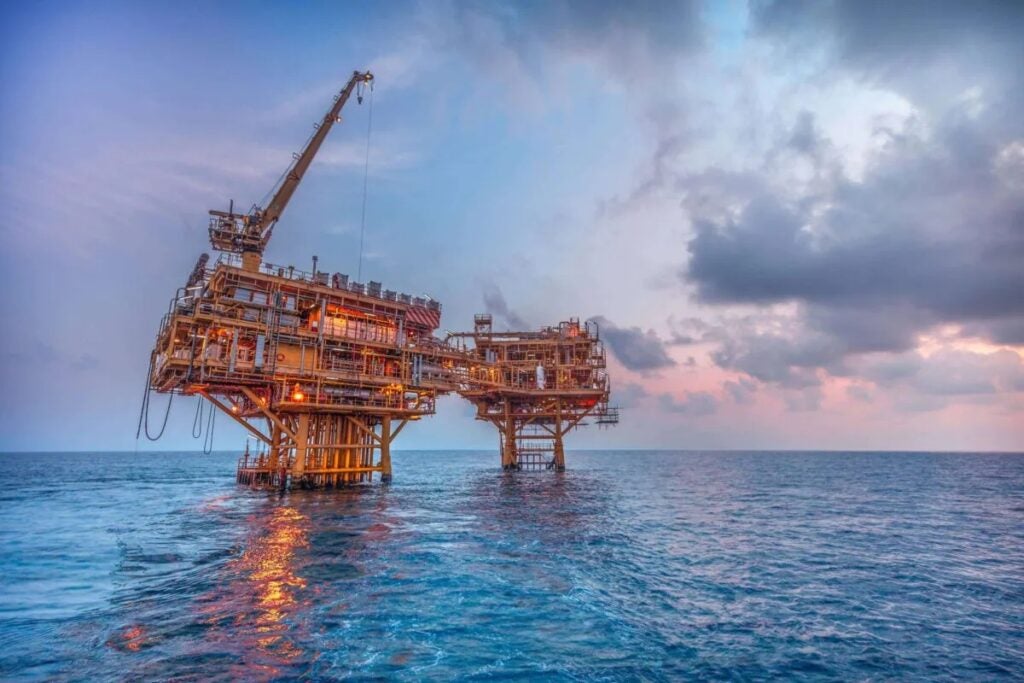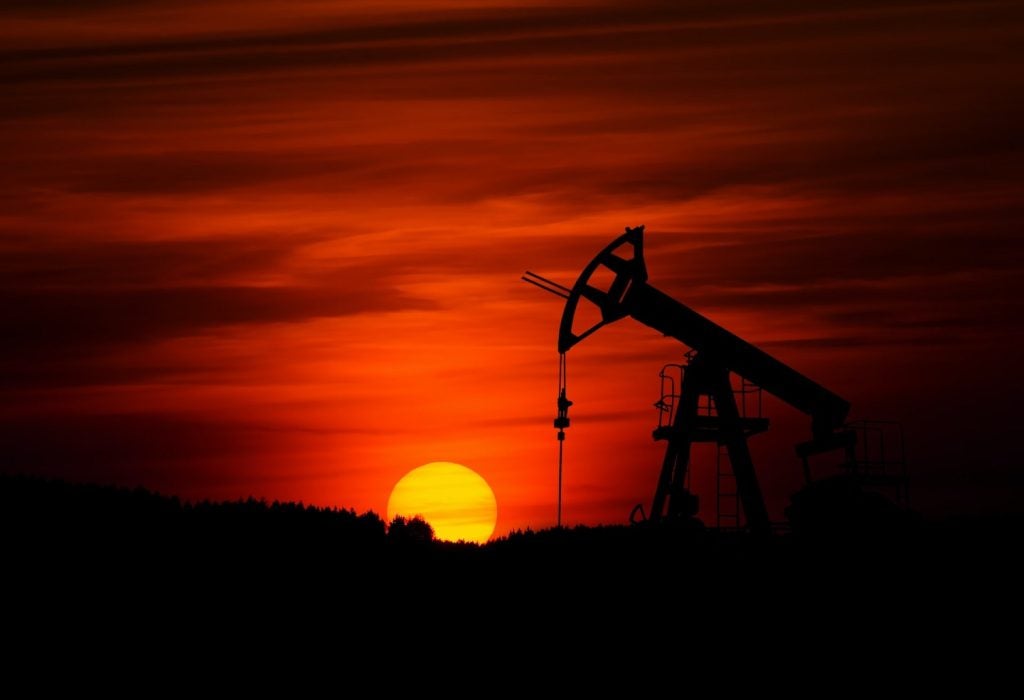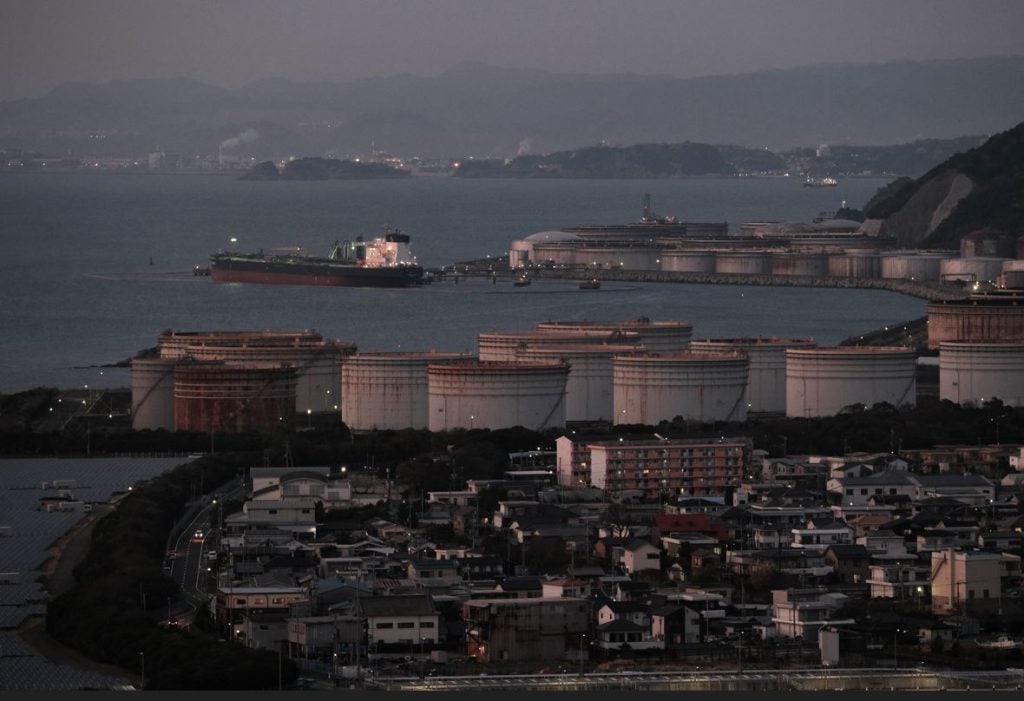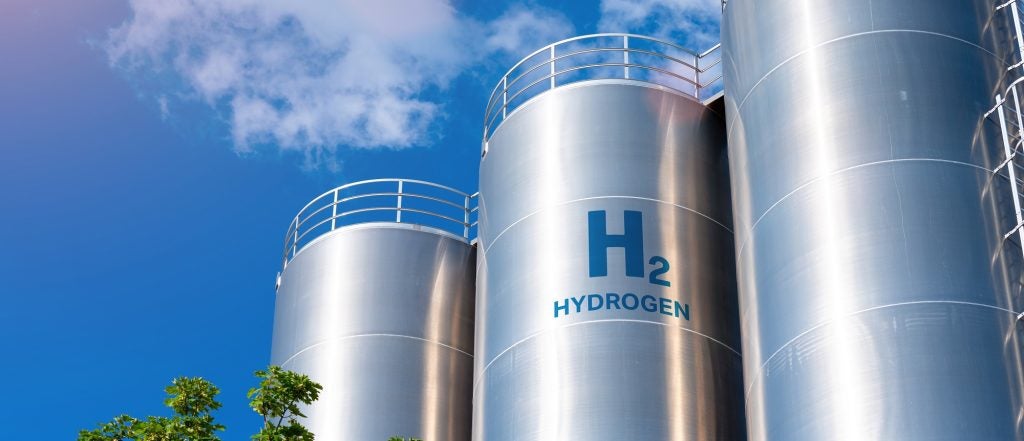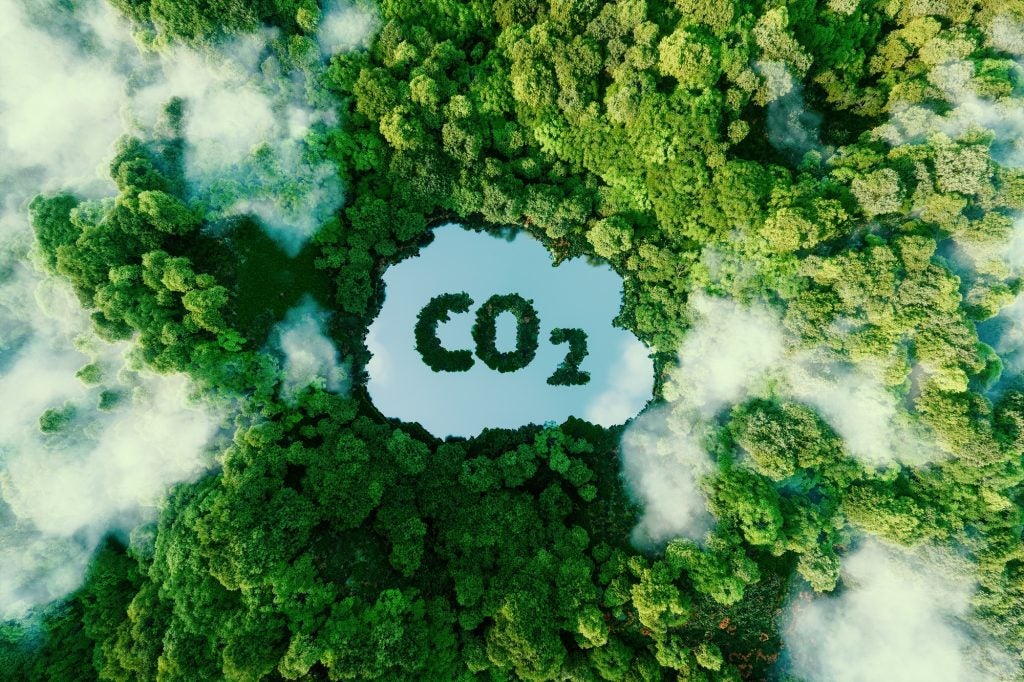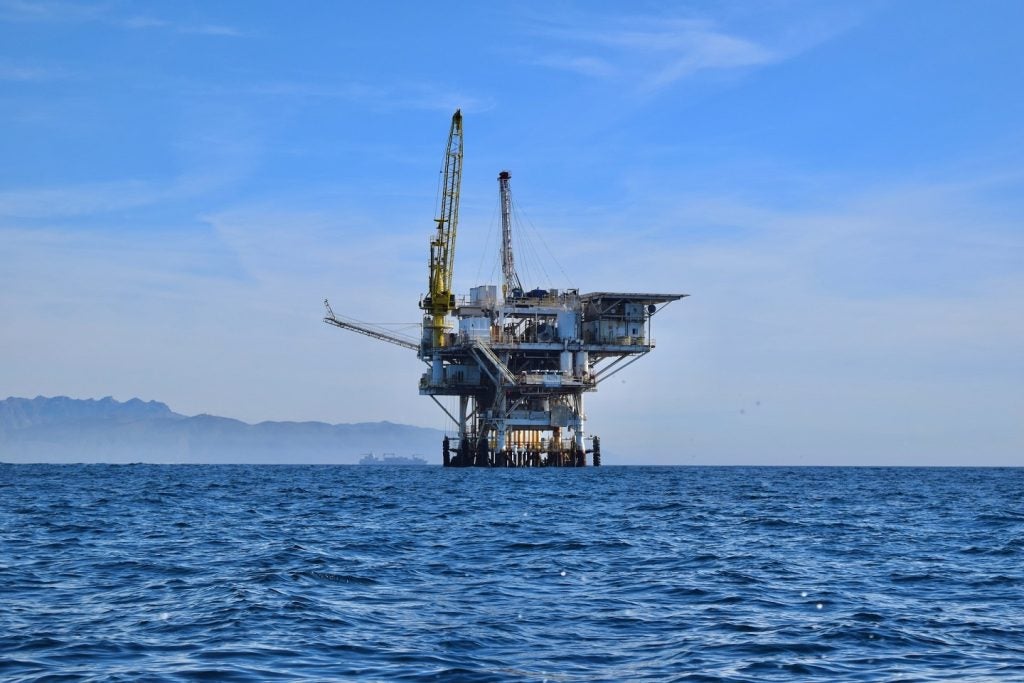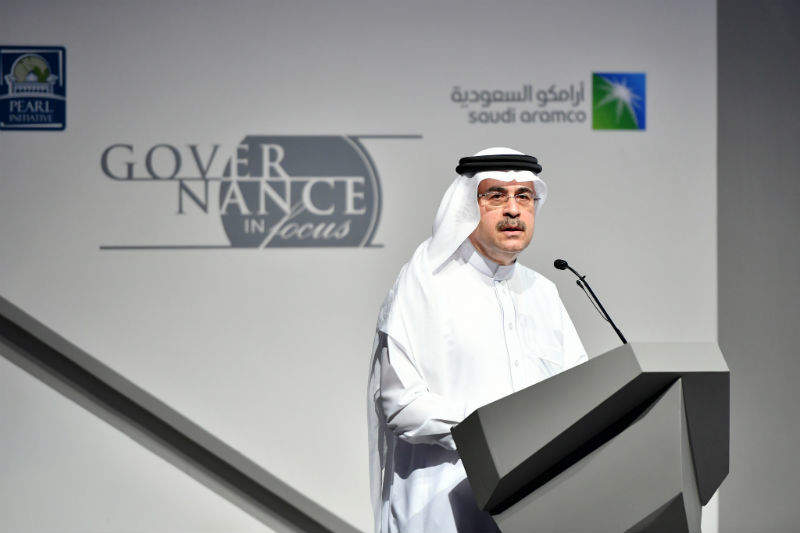Malaysian state-owned energy company Petronas expects its domestic oil and gas production to peak at approximately two million barrels of oil equivalent (boepd) per day by 2024, Reuters reports.
Around 60–70% of the company’s total production is gas. Executive vice-president and CEO of Petronas’ upstream business Adif Zulkifli said at the Energy Asia conference on Tuesday that this quantity of gas production will remain the same going forward.
"We continue to look for more gas portfolio, but of course, there is commitment in Malaysia, I think we need to continue to do some oil exploration to fill up our refineries," he said.
Senior vice-president of upstream business at Malaysia Petroleum Management Mohamad Firouz Asnan added that Petronas also aims to expand its overseas gas portfolio to 700,000boepd by 2024. The company hopes to ramp up output from its liquid natural gas (LNG) project in Canada. Petronas owns 25% of the project located in Kitimat, British Columbia, which produces 14 million tonnes per year of LNG.
Mohamad said the combined 2.7 million barrels of oil equivalent of domestic and overseas oil and gas production is expected to remain steady through the decade until 2030.
Last year, Petronas recorded an average total production of 2.4 million barrels of oil equivalent, according to its fourth-quarter earnings report published in December. This figure includes domestic and overseas output.
The company has recently divested from some of its existing offshore oil and gas assets in Malaysia. In April, its wholly owned subsidiary Petronas Carigali Sdn Bd signed an agreement to farm out its 50% non-operating stake in the Samarang production sharing contract (PSC).
The Samarang PSC comprises key oil and gas hubs in Sabah. It currently has production of around 36,000boepd.
In February, the company put ten exploration blocks and two clusters of discovered resource opportunities on offer in its annual bid exercise, Malaysia Bid Round 2023. The exploration blocks on offer lay within the producing Malay, Sabah and Sarawak basins, as well as the newly opened Penyu basin.


